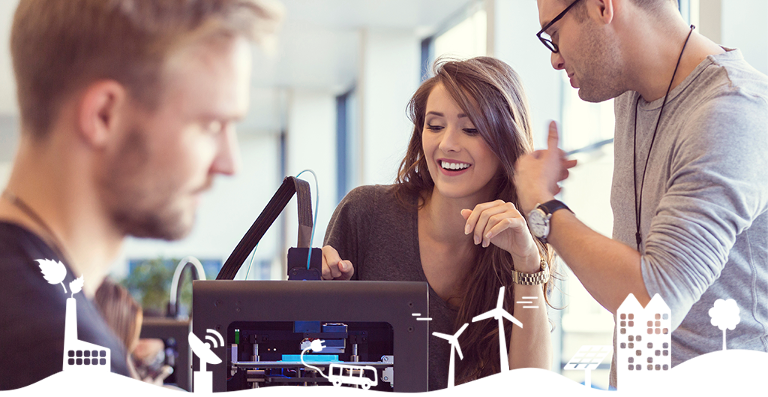
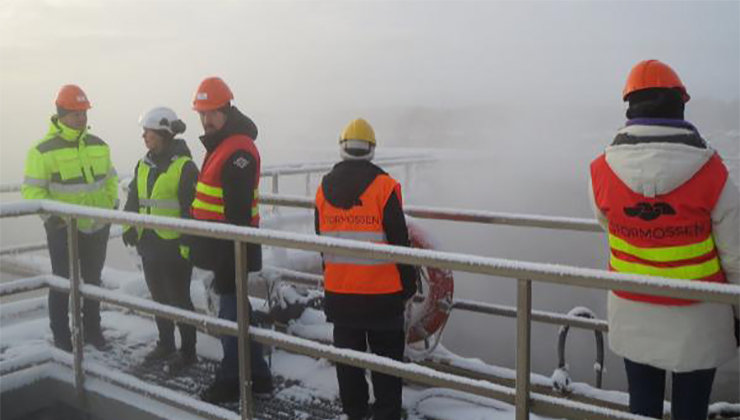
The guests visited the water purification plant for process water. The plant purifies process water from the biogas plant and composting area as well as the sludge from the septic tank.
2018-02-26
Companies in the Waste and Recycling Industry Face Similar Challenges
The Cleantech Kvarken project aims to strengthen the possibilities for small and medium-sized cleantech companies to make new business in national and international markets. Operating in the international market requires that contacts are being established, which was done in the beginning of February when team members from the project, Jenny Åkermark and Jeanette Holmlund, brought the Swedish companies Järven Ecotech and Dåva DAC to Vaasa. The guests had an explicit request to get acquainted with landfills and project manager Mauritz Knuts arranged visit to Stormossen.
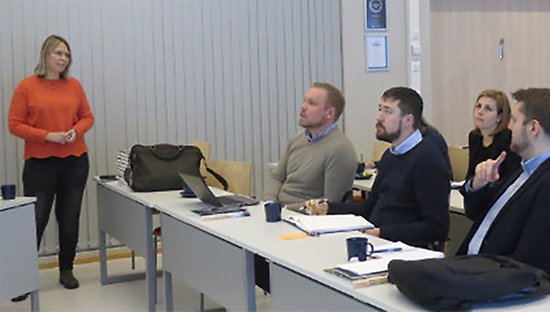
Environment and Quality Manager Johanna Penttinen-Källroos (left in the image above) presented the biogas production and Stormossen Recycling and Ecopoints, which collect waste from 100,000 inhabitants. Vaasa city's 12 biogas buses, as well as several passenger cars, run on Gastor gas, which is produced by biofuel and sludge.
During the discussions it emerged that there are challenges about waste management, such as the high proportion of biofuel that is currently being burned, as well as the recycling problem of PVC plastic and fiberglass.
"We would love to receive even more biofuel, but according to waste management regulations, for example, private houses or small housing companies are not obliged to collect bio-waste. Therefore, waste that is incinerated at Westenergy contains up to 28% biofuel, which would rather be used to produce biogas, says Penttinen-Källroos.
The most frequently asked question was “how is it at your place?". For example, the results and limit values of different substances from soil and surface water samples at Stormossen area interested the visitors and these issues were discussed.
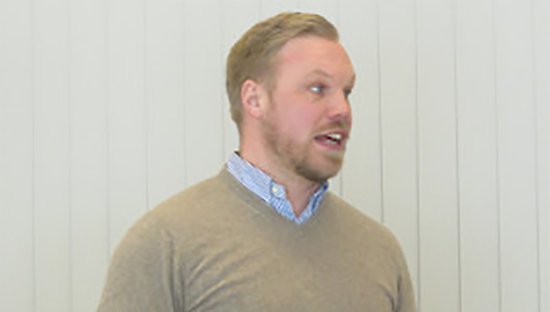
Emil Eriksson from the company Järven Ecotech was interested in the water treatment processes at Stormossen's process water as well as in the solutions that were chosen for them. Eriksson told Penttinen-Källroos about the solutions of Järven Ecotech, which have been developed for the cleaning of lakes, process water and storm water. The liquid partition walls, made of PVC and recycled plastic, control the water to begin circulating as long as possible in the reservoirs.
"Thanks to this method, the water leaving the reservoirs is significantly cleaner. The method is very cost effective”, Eriksson told us.
The CEO of Dåva Deponi och Avfallscenter (Dåva DAC), Jörgen Aronsson, told about the business cluster in circular economics located in Umeå. Six companies are active in the field and even a few new ones are coming. The Circular Economics project, managed by VASEK, project manager Göran Östberg, presented the planned area reserved for companies in circular economics. The area is located at Fågelberg’s industrial area right next to Stormossen.
During the day, the Swedish guests also visited the Botniarosk company, located in Östermark.
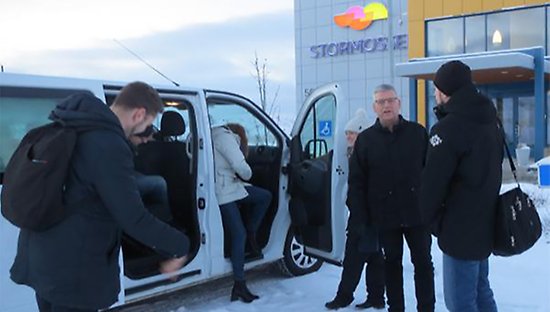
Project manager Mauritz Knuts was also the driver and made sure that the guests had access to the different venues during their visit.
Mauritz Knuts
Project Manager
+358 50 306 8419
Energy efficient construction, VTT agent
Göran Östberg
Project Manager
0500 366 097
goran.ostberg@vasek.fi
Circular economy








